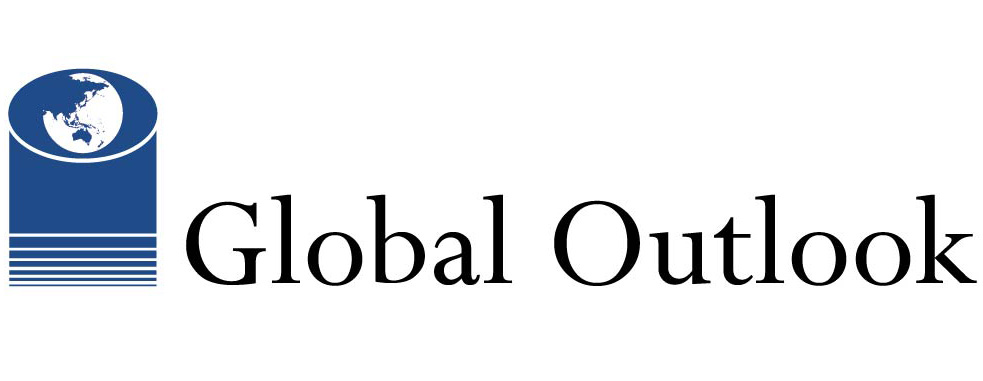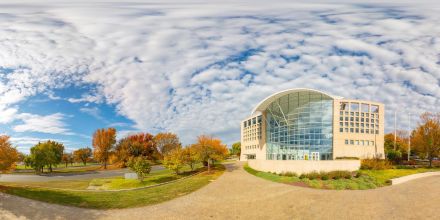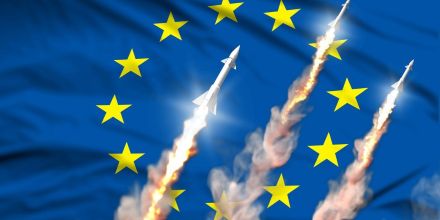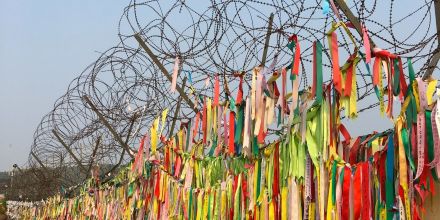
Curated expert opinion on intractable contemporary issues
Donald Trump’s Overwhelming Force/Surrender Style of Negotiation and Governing
By Heidi and Guy Burgess | 02 April, 2025
U.S. President Donald Trump is making worldwide news everyday with his “shock and awe” style of governing. Three particularly alarming actions of the Trump administration relate directly to the fields of peacebuilding and conflict resolution.
Flooding in the Sahara, Amazon Tributaries Drying and Warming Tipping Over 1.5°C – 2024 Broke All the Wrong Records
By Andrew King and Linden Ashcroft | 25 March, 2025
Climate change is the most pressing problem humanity will face this century. Tracking how the climate is actually changing has never been more critical.
Time to Decouple and Build Solidarity with Like-Minded?
By Kevin P. Clements | 23 March, 2025
The prudent course of action for small nations is to build strategic coalitions of the willing and like-minded to jointly confront the chaos and uncertainty flowing out of Washington.
Europe's New Bellicism: Rearmament in a Frenzy
By Herbert Wulf | 21 March, 2025
Even before taking office, President Trump had clearly told Europeans that the US military commitment in Europe would be drastically reduced. Although this did not come as a surprise, in this new geopolitical situation, most governments, military experts, and many mainstream media in Europe switched into crisis mode.
Towards a Eurobomb: The Costs of Nuclear Sovereignty
By Tom Sauer | 17 March, 2025
Instead of investing in weapons of mass destruction, making EU defence more efficient should be the priority as well as integrating Russia into a larger collective security organization.
How to Agree an Armistice in Ukraine: Lessons from Korea
By Stein Tønnesson | 12 March, 2025
The armistice agreement that ended the Korean War in 1953 has been mentioned as a possible model for how to end the fighting in Ukraine. This makes sense. The Trump administration, however, seems to opt for a quick deal combining “ceasefires in place” with vain prospects of subsequently reaching a genuine peace agreement.
The views and opinions expressed in Global Outlook are those of the authors and do not necessarily reflect the official policy or position of Toda Peace Institute.





